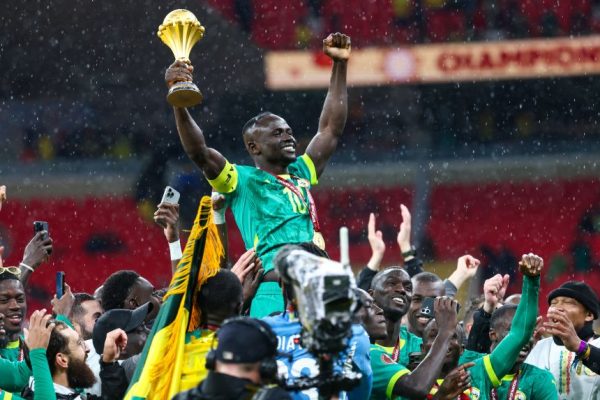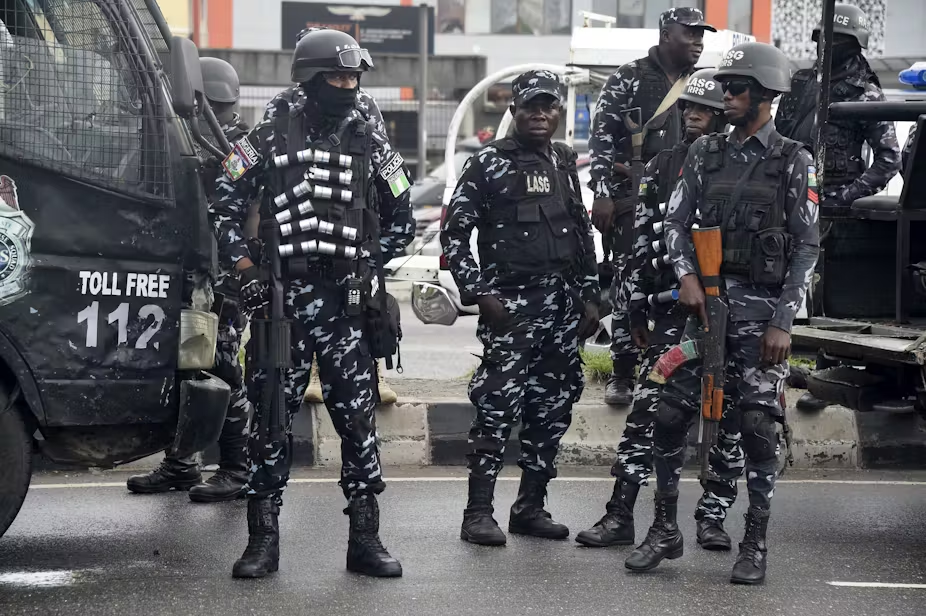by Abimbola Adelakun
Yes, Boko Haram will end one day but the seed of terrorism will continue to germinate if we let the country remain vulnerable to the sort of maniac demagoguery that keeps fertilising various insurgent attacks.
Whether we like it or not, Boko Haram has forever become a major part of the Nigerian history. From a small (and insignificant) army of misguided religious bigots one thought were merely fooling around with their anti-western ideology, Boko Haram has grown into a behemoth, one with tongues of flames that lick everyone.
The sect has so violently inscribed itself in our cultural frame of reference, that our history will not be written without a portion dedicated to its activities. In the past few weeks, its members have brought the eyes of the world in our direction. Anywhere in the world now, wherever two or more people are gathered and there is the Internet, the abduction of some 200 plus Nigerian girls by the terrorist group will invariably come up.
No thanks to Boko Haram, the rest of the world has gazed long, hard and harshly on Nigerian leadership. The kind of publicity the country has received in the foreign press –tongue lashing her leadership over its fecklessness and overall attitude to corruption – has surpassed anything anyone has seen in many years.
The Chibok affair, and the concatenation of events it set into motion, however, provided a tiny ray of sunshine recently. The latest video released by Boko Haram showed what might be a weakening on Boko Haram’s part. Well, optimism might mean jumping ahead of oneself but the terrorist sect’s offer to negotiate the release of the girls indicates the long road has an end after all. That Boko Haram can be shaken enough to put out an olive branch of sorts is a good sign.
For now, it is uncertain how the Nigerian government will deal with Boko Haram on exchange of hostages it proposed. Its demand is a tricky terrain and requires a lot of calculation to decide which path Nigeria should take. Whichever one is chosen – to negotiate or not to negotiate – has serious implications both for the lives of the girls involved and for future interactions with insurgent groups. It is my fervent hope that the girls in Boko Haram’s grip are returned safely to their homes.
While we are on that, I think we should also begin to consider what Nigeria would look like when the whole Boko Haram debacle is over.
Yes, Boko Haram will end one day but the seed of terrorism will continue to germinate if we let the country remain vulnerable to the sort of maniac demagoguery that keeps fertilising various insurgent attacks.
So, what will Nigeria do when there is no longer Boko Haram? Are we going to thank God and move on, or, we will take the lessons we would have learnt from the Boko Haram saga to rebuild our country?
Because, let’s face it, terrorism never really dies.
Quashing Boko Haram is going to be like casting a demon out of a man. If the space the demon occupied remains vacuous, the Holy Book warns, the demon will return with seven more vicious of its kind to reoccupy the place. And they will do so more damage that they will make you long for past demons. Nigeria needs not get to the future and begin to long for the bad old days if we can preempt our demons by looking at a post-Boko Haram Nigeria.
That means, among other things, rethinking and rebuilding our security infrastructure.
The Chibok abduction has played out in ways that suggest a gross lapse in the security architecture of this country. Amnesty International accused Nigeria of negligence saying the country had forewarning of the attack that culminated in the abduction of the girls, a charge Nigeria, expectedly, vehemently denied but we know it could have very well been true. It is not uncharacteristic of us to simply wish away bad things rather than take decisive actions.
Also, the way some of the Boko Haram attacks have been handled should tell us that the way we do security in Nigeria can be painfully outdated.
After the first bombing attack occurred at Nyanya Motor Park on April 14, security agencies set up checkpoints on the Nyanya road that created terrible traffic congestion. Even this did not prevent the terrorists’ lightning from striking the same spot the second time. Another bomb attack took place in the same Nyanya shortly after the first, close to where the first one occurred. One of the things that were not discussed in the wake of the second attack is how the response of the security agencies to the first attack might have contributed to the casualties of the second. Those double bombings alone should teach us that what we need in Nigeria –and rather urgently too – is a sophisticated security plan that functions effectively, not impulsive reactions to individual bombing actions.
Nigerians have consistently discussed how the country’s structure impedes her development; how, for instance, the President’s hold on the reigns of the Nigeria Police sometimes creates messy situations where even the state governor cannot take urgent actions when necessary. Various discussions about the unwieldiness of these arrangements have all been thrashed out but Nigeria is a case of after-all-said-and-done-nothing-is-done. We should pick up these discussions where we left them because the issues continue to haunt us. A post-Boko Haram Nigeria means we have to look at how we can make our systems work more efficiently.
Looking ahead to a post-Boko Haram Nigeria also calls for a social reorientation; one that improves our sense of appreciation for human lives both at leadership and following levels. At a point, you had to wonder why Barack Obama and his wife took the Chibok abduction more seriously than Goodluck Jonathan and his wife, Patience. In fact, it seems curious that they began to take things only seriously when they saw that the Americans were coming.
This attitude is not limited to Nigeria’s leadership alone, even we the people are just as guilty. For instance, we live in a country where Fulani herdsmen are consistently implicated in bloodshed but it almost always ends there. We seem to be so inured that we never fail to move on with our lives. How many times have we stood on the government to ensure the perpetrators of these attacks are tried? How does a country overlook persistent bloodshed and thinks it takes itself seriously?
—————————–
Op-ed pieces and contributions are the opinions of the writers only and do not represent the opinions of Y!/YNaija.













